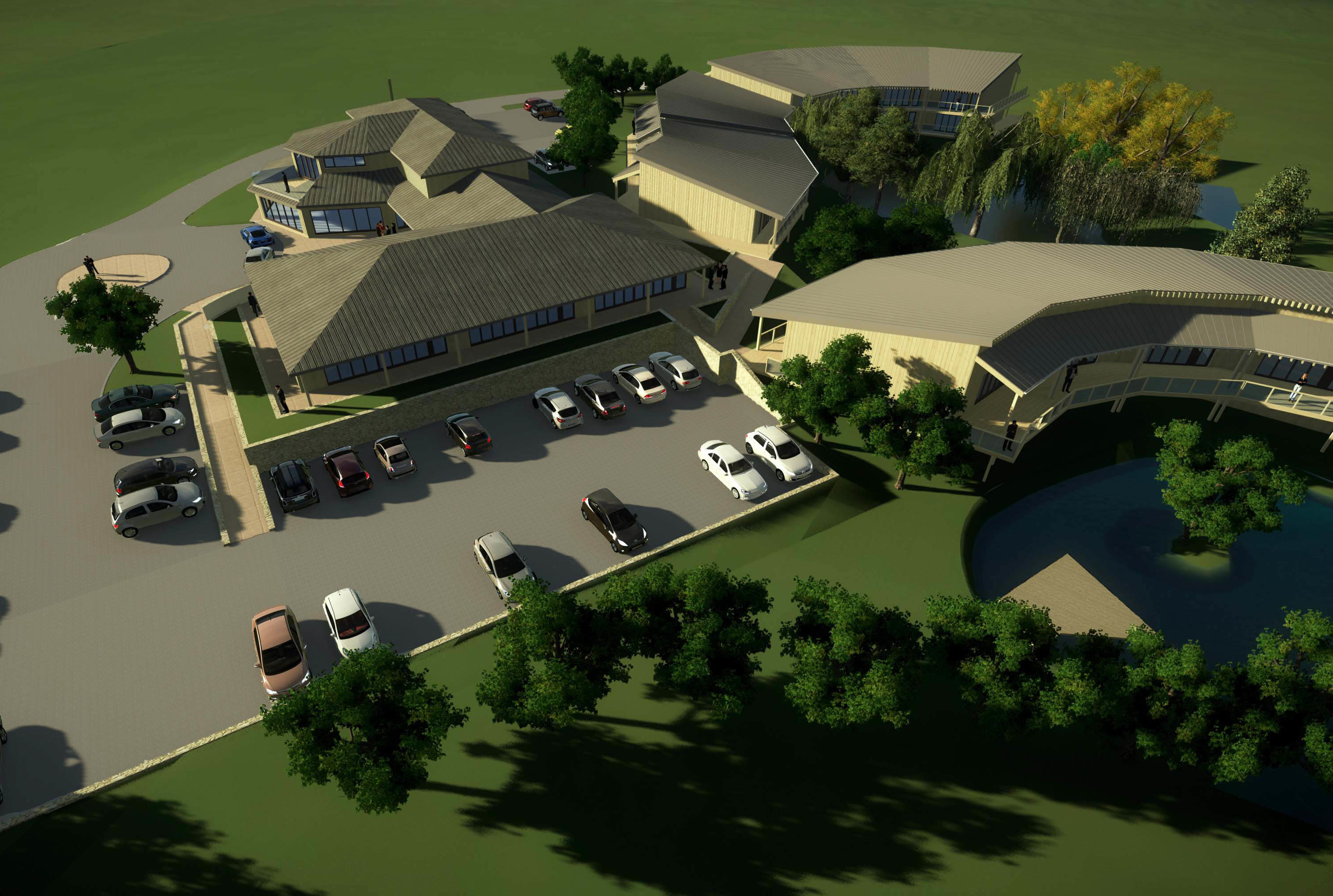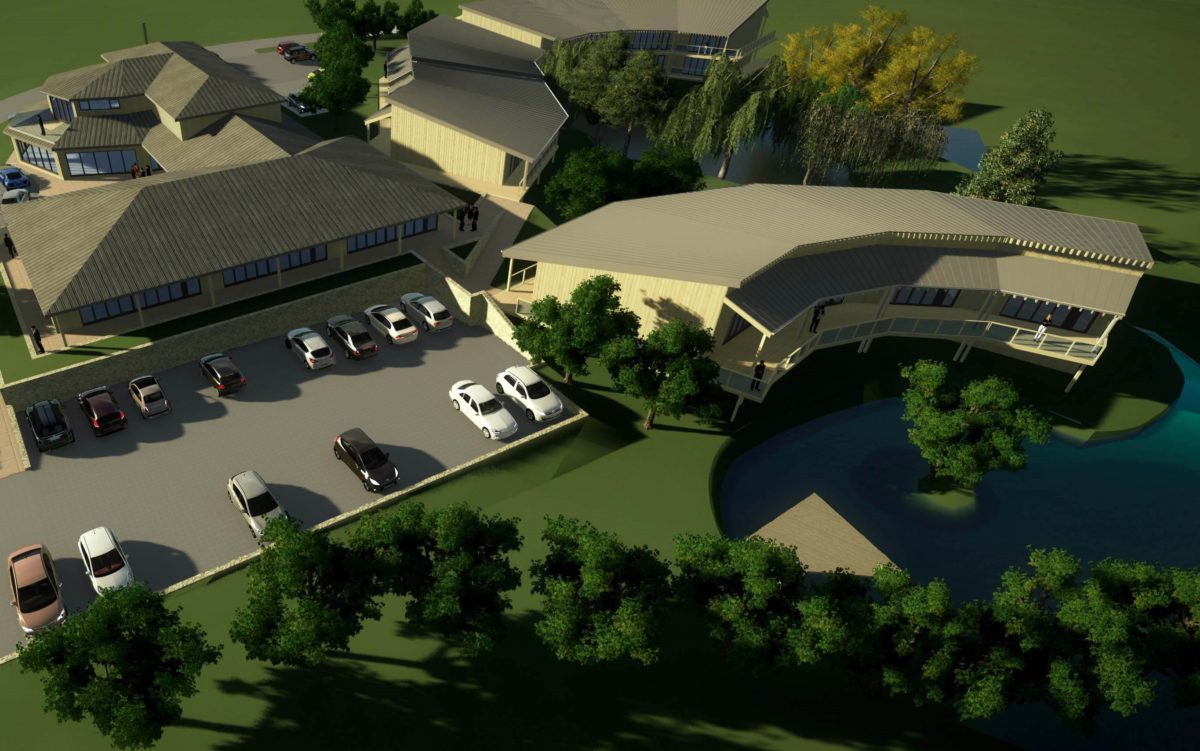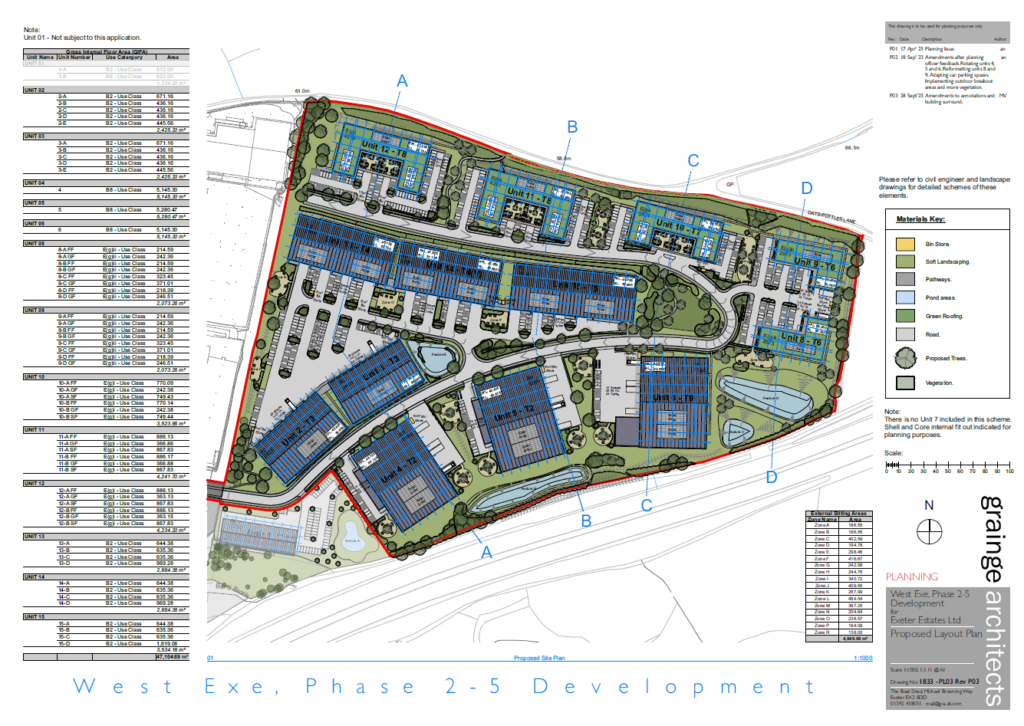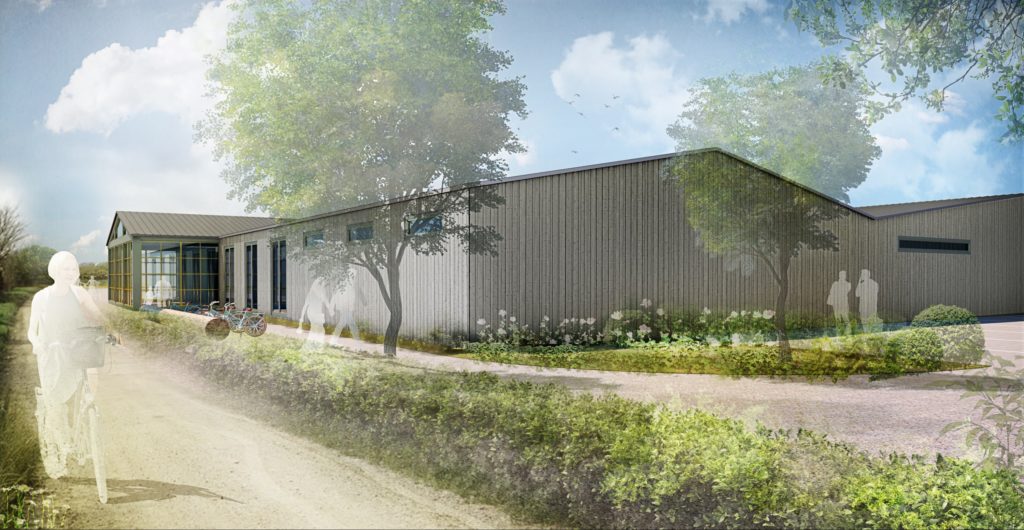


Local Authority
East DevonServices
Applications, Appeals

Project Overview
Acting on behalf of Clyst Haven Ltd, Bell Cornwell has successfully secured planning permission for an office development near Clyst St. Mary in East Devon.
Bell Cornwell co-ordinated and submitted a detailed planning application for around 2,000 sqm of high quality, flexible modern office space with extensive landscaping. The key issues to address were the principle of employment development in a countryside location (outside of any defined Built-up Area Boundary), sustainability/accessibility and landscape and visual impact. Bell Cornwell worked closely with the client, the project architects and a consultant team including transport, landscape and tree experts plus local employment agents, to demonstrate the merits of the case. A key part of the case was the clear economic benefits i.e. much needed flexible office floorspace would be provided in East Devon to help address the shortfall and the scheme would meet a specific business need and result in local job creation.

The application was refused by members of East Devon District Council over concerns about additional commercial development in this countryside location and landscape and visual impact harm. Bell Cornwell was then instructed to coordinate and submit an appeal and chose the informal hearing route as this would provide the opportunity to really examine the issues and set out the economic arguments to the Inspector in person.
Following consideration of the appeal at the informal hearing, the planning inspector granted planning permission for the scheme, accepting our arguments that the additional number of private journeys resulting from the proposal would be very slight compared against the existing use of the local highway network an that it is possible to access the site by walking, cycling or public transport. The inspector also agreed with the conclusion of the appellant’s Landscape and Visual Impact Assessment i.e. that harm to local character and appearance would be very limited. The inspector concluded that the proposal would meet underlying economic objectives of the local development plan in the context of a clearly-evidenced and pressing need for such development and accorded the economic benefits significant weight that outweighed any other perceived harm.







